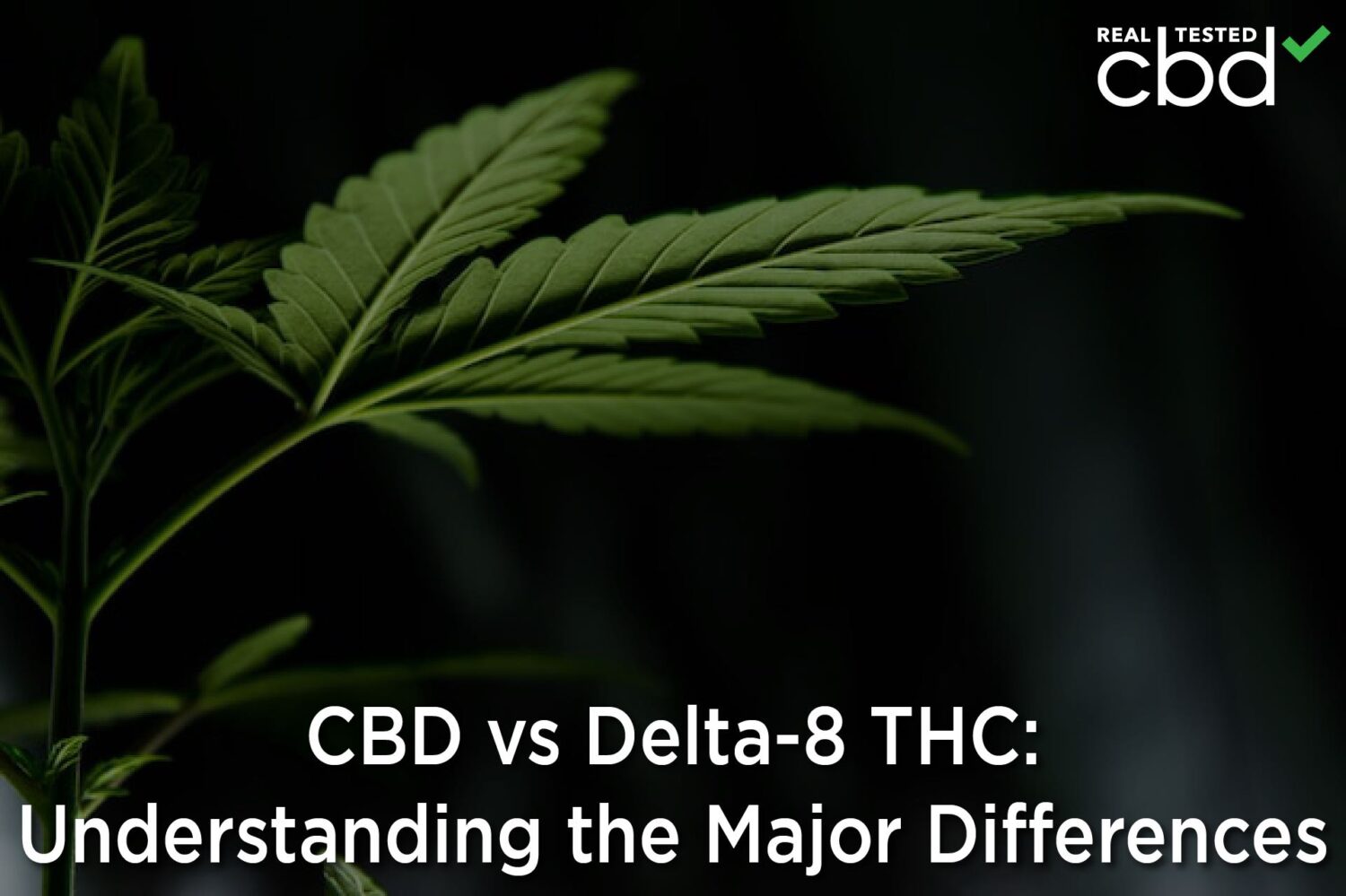
In recent years, the popularity of cannabis-derived compounds has been on the rise, with CBD (cannabidiol) and delta-8 THC (delta-8-tetrahydrocannabinol) leading the pack. As their popularity grows, it’s key to understand the main differences between these two compounds, especially in terms of their interactions with the endocannabinoid system (ECS) and their overall effects.
Let’sl dive deeper into the differences between CBD and delta-8 THC, so you can make an educated decision which cannabinoid may be best for you.
CBD and delta-8 THC are both naturally occurring cannabinoids found in the cannabis plant family. While CBD is primarily derived from hemp, a strain of cannabis containing 0.3% or less THC, delta-8 THC is a minor cannabinoid found in both hemp and marijuana (cannabis plants containing more than 0.3% THC).
That being said, the vast majority of delta-8 THC products sold are produced using hemp and CBD. delta-8 is actually made by converting CBD, so ultimately delta-8 for use is made from hemp plants.
Although CBD and delta-8 THC have similar molecular structures, they interact with the ECS differently. The ECS is a complex cell-signaling system that plays a crucial role in regulating various physiological processes, like mood, appetite, pain signaling, and immune system response.
CBD is thought to have a fairly weak affinity for the CB1 and CB2 receptors, the primary receptors in the ECS, meaning it may not bind directly with receptors. Instead, CBD is…

